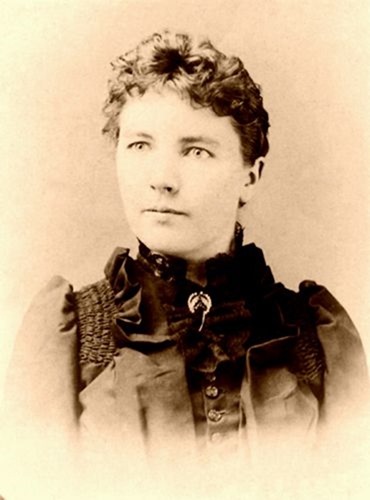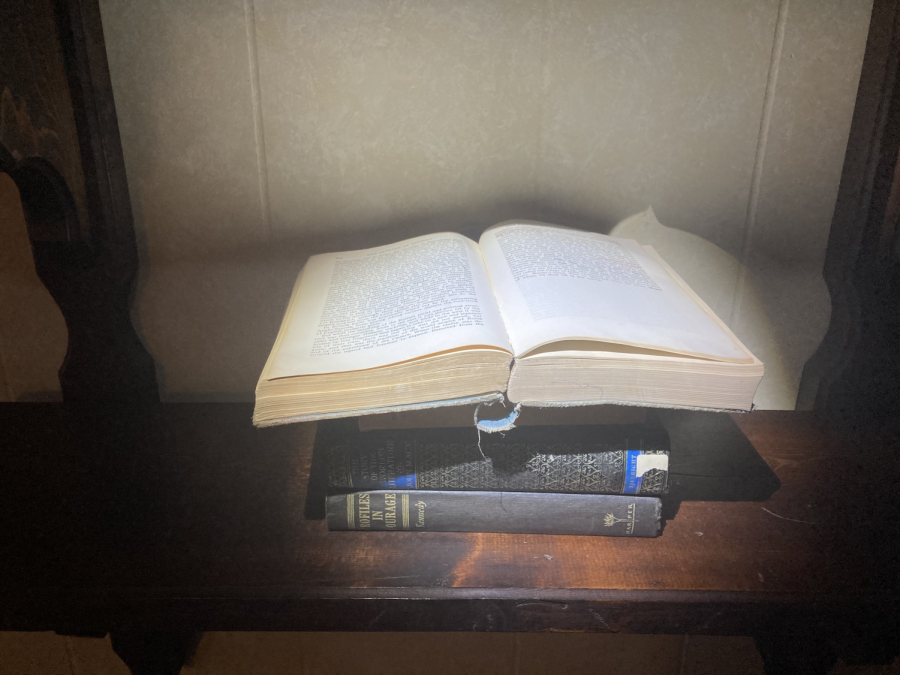It isn’t hard for me to quickly identify a book that I’ll claim to have enjoyed by the time I’ve finished it. After all, no one knows my taste in literature better than me! But occasionally I’m treated to a lovely surprise from a book that I wasn’t expecting to make it even slightly near my ‘favorites’ shelf. A recent example? The Ghost Writer by Robert Harris. I’m not usually much of a political thriller kind of woman, but something about a terribly curious writer getting all tangled up in a horrifying mess intrigues me.
Now although the book was wonderful throughout, I would like to share with you a moment in this novel during which I found myself in complete awe of the idea Harris’ character expressed. Near the beginning of a chapter in which tension is beginning to build, the ghost writer (never named) begins to explain freely about his techniques as a writer—he rambles on about style and interviewing technique before saying something that blew me away completely.
He explained that many writers have trouble with the process of writing itself—in theory, they don’t want to write, they want to have written. It’s safe to say that all authors have had that moment when they’ve mused to themselves about getting the next chapter done, then shrugged it off and went to laze on the couch. You know it, I know it: We all do it. Writing in itself can at times be a laborious and exhausting task. Look around—the world is bustling; who has time to write?
Then Harris proposed an idea—a simple fix to a pesky bad habit in authors:
Sit down, and write.
Doesn’t sound like the mind blow I promised? Let me break it down for you—true writers love to write, whether they know it or not! Life is merely a distraction from the creative escape that is always available to us. We just need a little push to get us going. It’s as simple as vowing to write one sentence a night. I can tell you for certain that if you are truly feeling the call of making literature as a career, you will not be able to do this. You’ll need more. From that one sentence will spring more action, more description, and definitely more plot.
Now I’m not saying Harris’ advice is perfect—writers are just as unique as the characters they create, but I am going to say that personally, I think the man’s brilliant. As I mentioned last time, I’ve been scared stiff of beginning my first chapter out of a fear of failure—so what did I do? Well, one night I sat in front of the computer and forced myself to write the first sentence of my novel.
Then I wrote 152 more.
Try it. I dare you.








